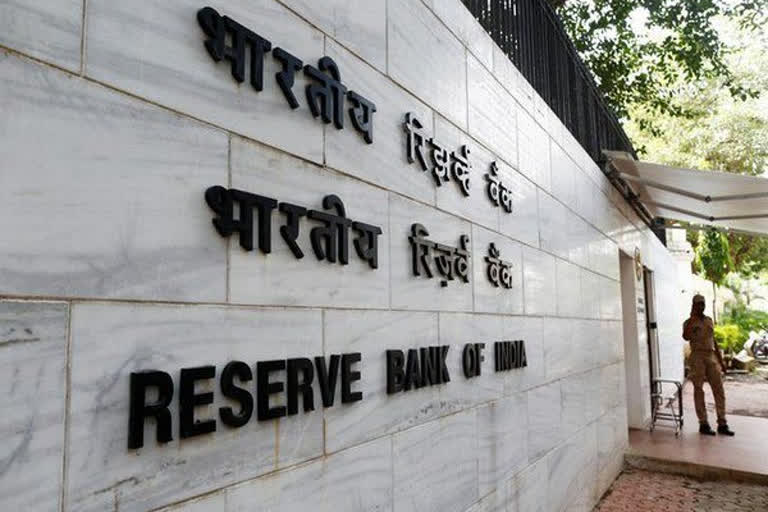New Delhi: Economists have hailed the Reserve Bank’s decision to maintain the status quo on short term interbank interest rates and accommodative fiscal policy to support a sustainable economic growth despite the risk of high inflation, saying it shows the Central bank is able to follow a different path from the central banks of other advanced economies such as the US Fed and European central banks which have started to wind down the fiscal boost due to inflation concerns.
Sunil Kumar Sinha, Principal Economist, India Ratings and Research, a Fitch Group sovereign rating agency, says that due to elevated domestic inflation coupled with expected increase in the policy rates by central banks of advanced economies it was widely expected that RBI in its monetary policy review on 10 February 2022, may provide indications of the unwinding of the accommodative policy stance. He says that the agency’s view that the RBI may continue with the accommodative stance has turned out to be true as the economic recovery is clearly not broad based yet and some high frequency indicators are suggesting weakening of demand in January 2022. Highlighting the risk of international inflation posing a threat to domestic prices, Sinha says the threat on the inflation front remains particularly if international crude oil prices remain elevated.
Also Read: RBI in no hurry to hike interest rates, low rates will spur demand: Experts
In its monetary policy address, RBI governor Shaktikant Das has projected retail inflation to moderate to 4.5% in the next fiscal ending in March 2023, which is in line with the Central bank’s mandate to maintain it at 4%, with an upper and lower margin of 2% on each side. The inflation projection for FY 2022-23 is 80 basis points lower than the RBI’s inflation projection for the current fiscal at around 5.3%. “Given that the economy is still not out of the woods, and the union government has already reaffirmed its commitment to support the ongoing recovery via fiscal push, India-Ratings believes RBI has done the right thing to continue with its accommodative policy stance and maintain a status quo on the policy rates,” Sinha said in a statement sent to ETV Bharat. He says with the announcement of monetary policy, RBI has given the indication that the policy rates are likely to remain unchanged in the near term.
Indranil Pan, Chief Economist of YES Bank termed the monetary policy a very dovish policy, more so than expected by the market. “Growth concerns continue to play a bigger role than inflation for RBI,” he said. Indranil Pan says the monetary policy indicates that the Bank is willing to wait longer to see the growth becoming durable and sustainable.
Commenting on a different path followed by the RBI, the economist says the RBI has decoupled itself with the monetary policy momentum in the rest of the world, where higher inflation prints are leading to central banks of the developed economies to tighten rates. “We believe that RBI may be able to hold back repo rate increases for longer and may not have any compulsion to follow global central banks unless their actions have any severe implication on the USD/INR rates. We foresee 2 repo rate increases in FY23 but predicting a timeline is difficult at this point,” Indranil Pan told ETV Bharat.



